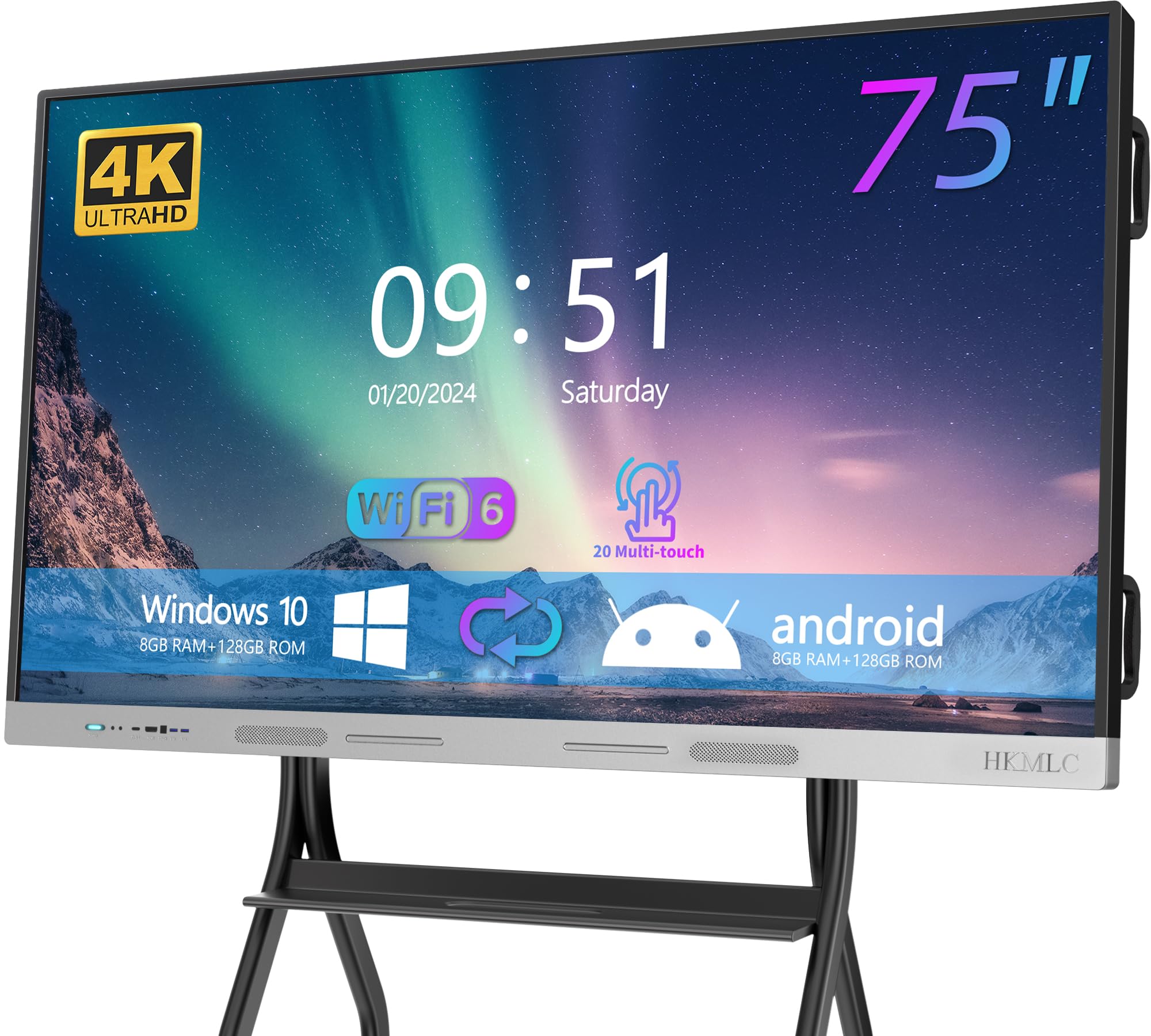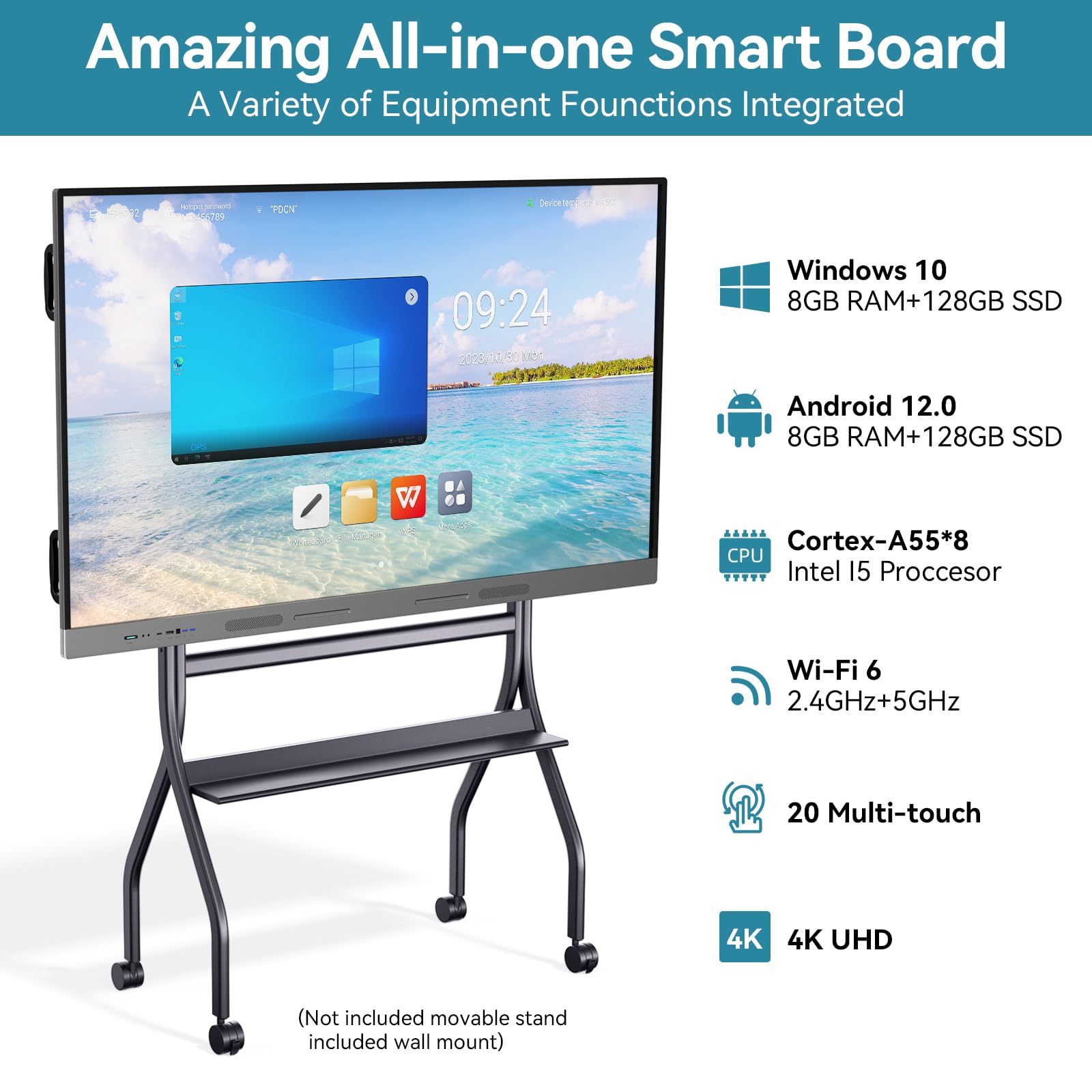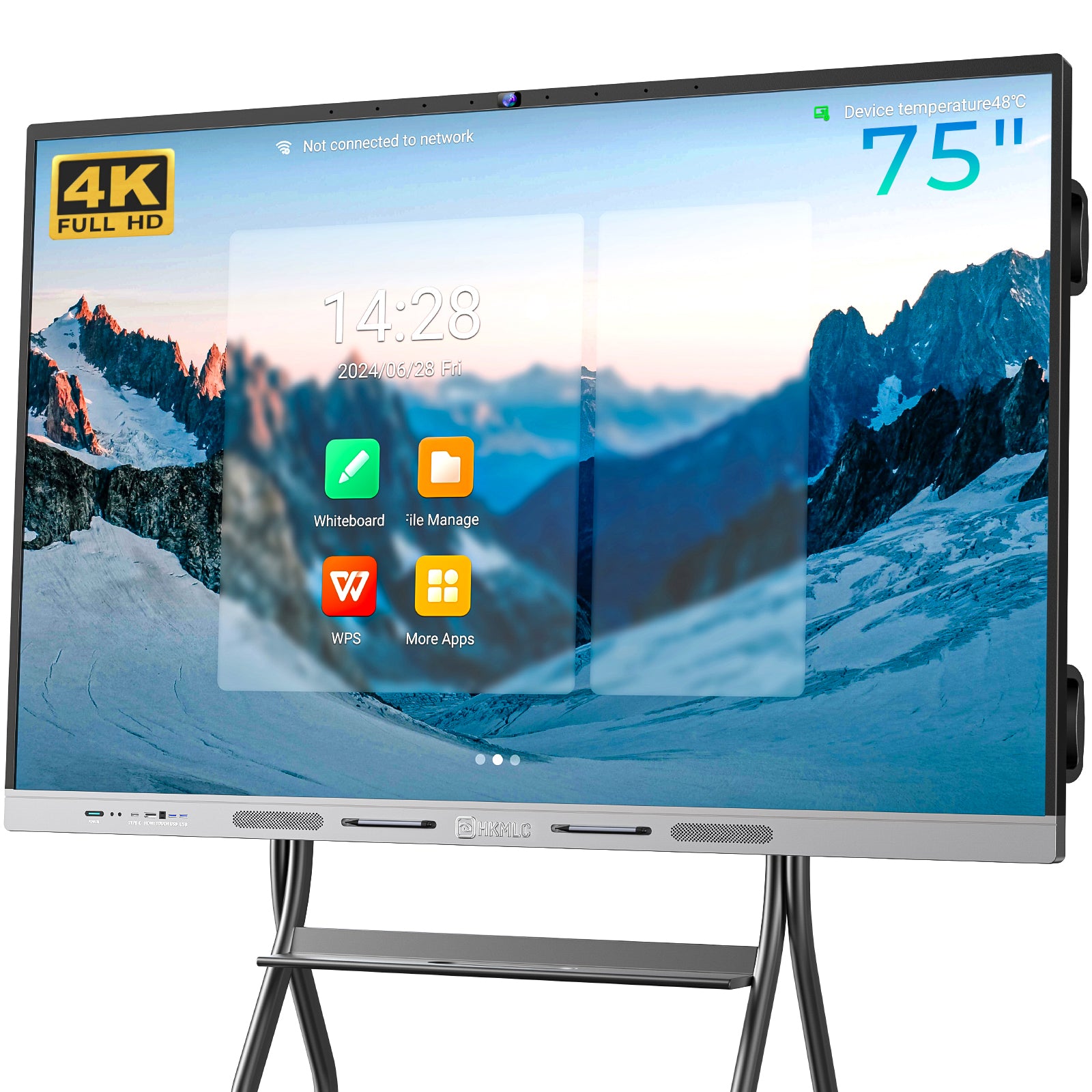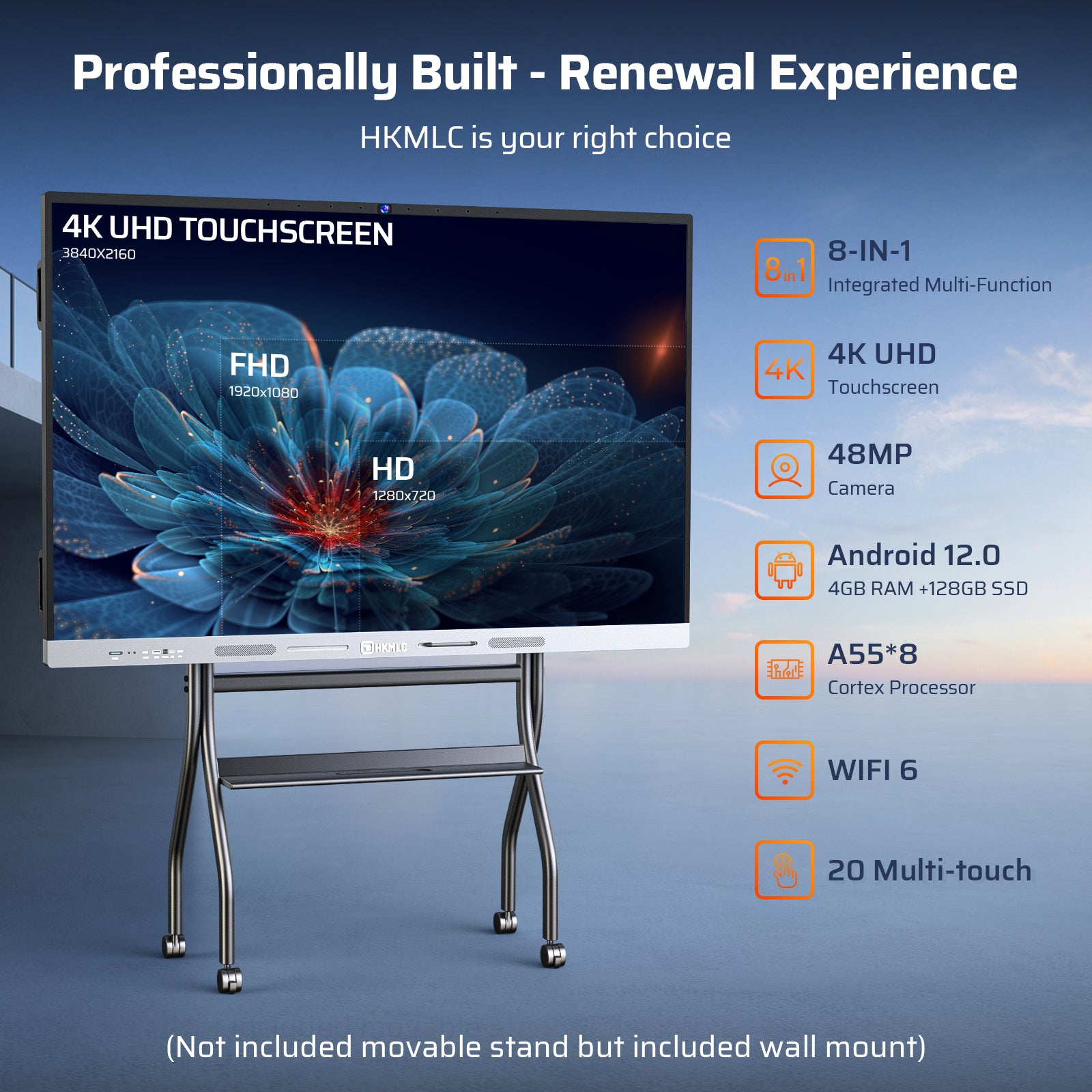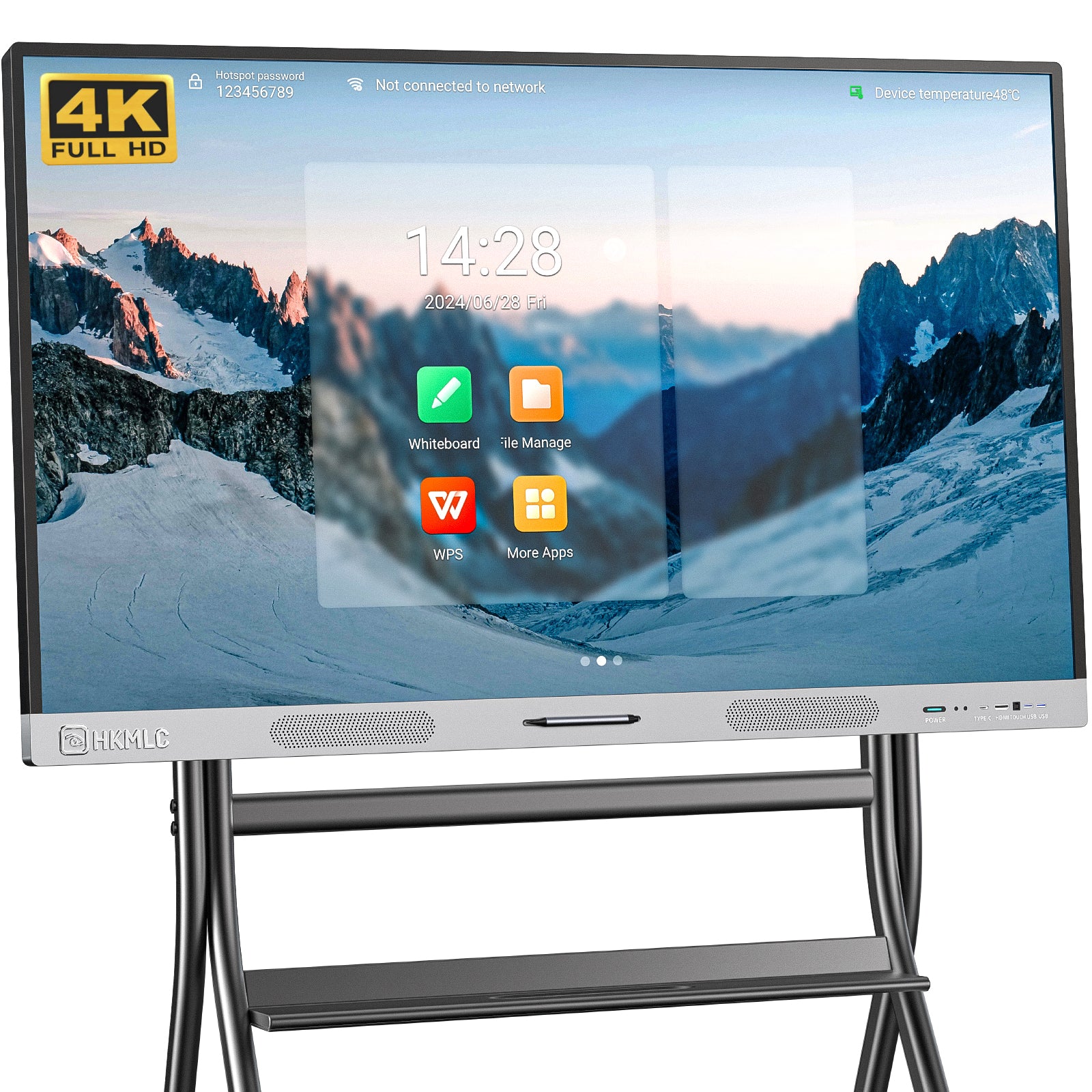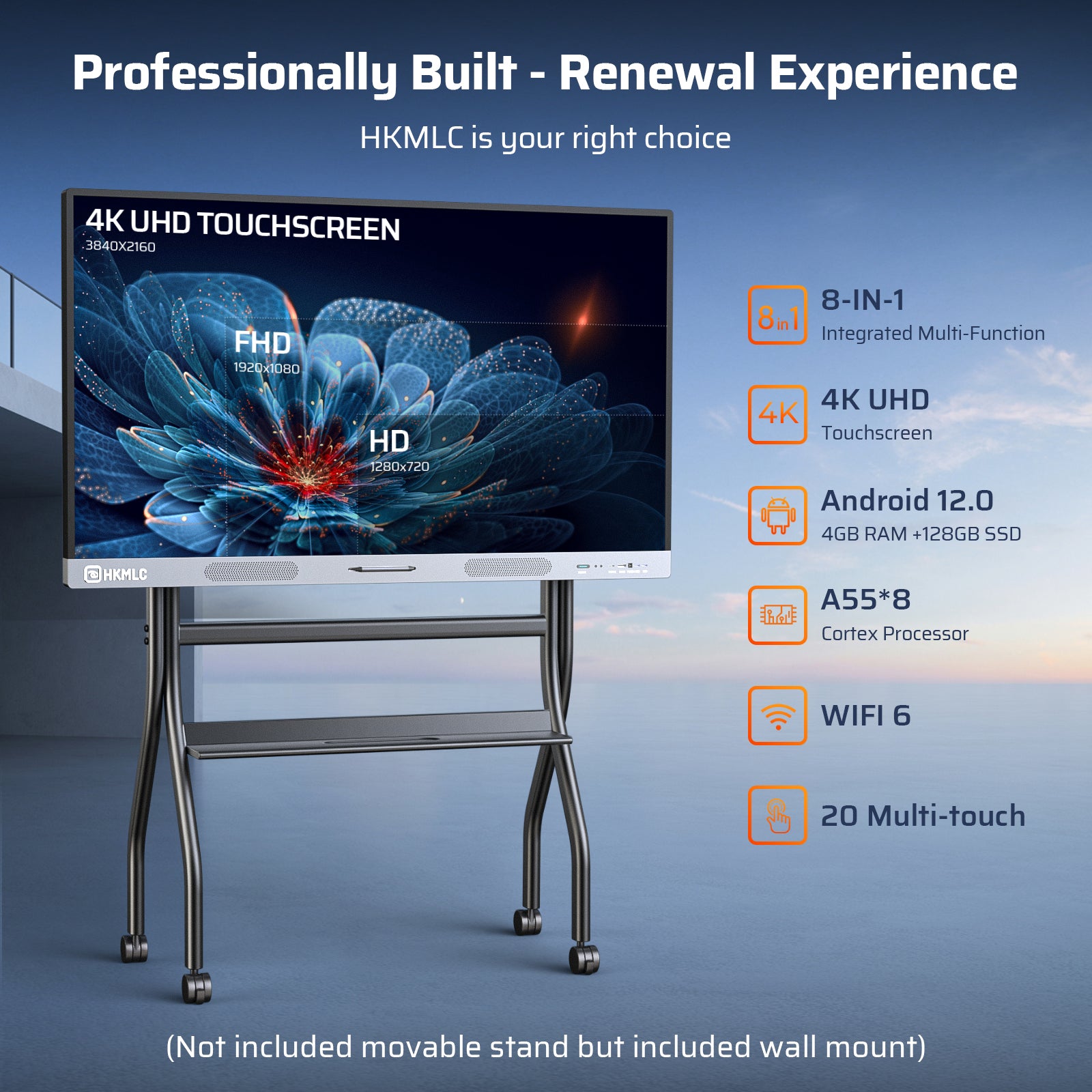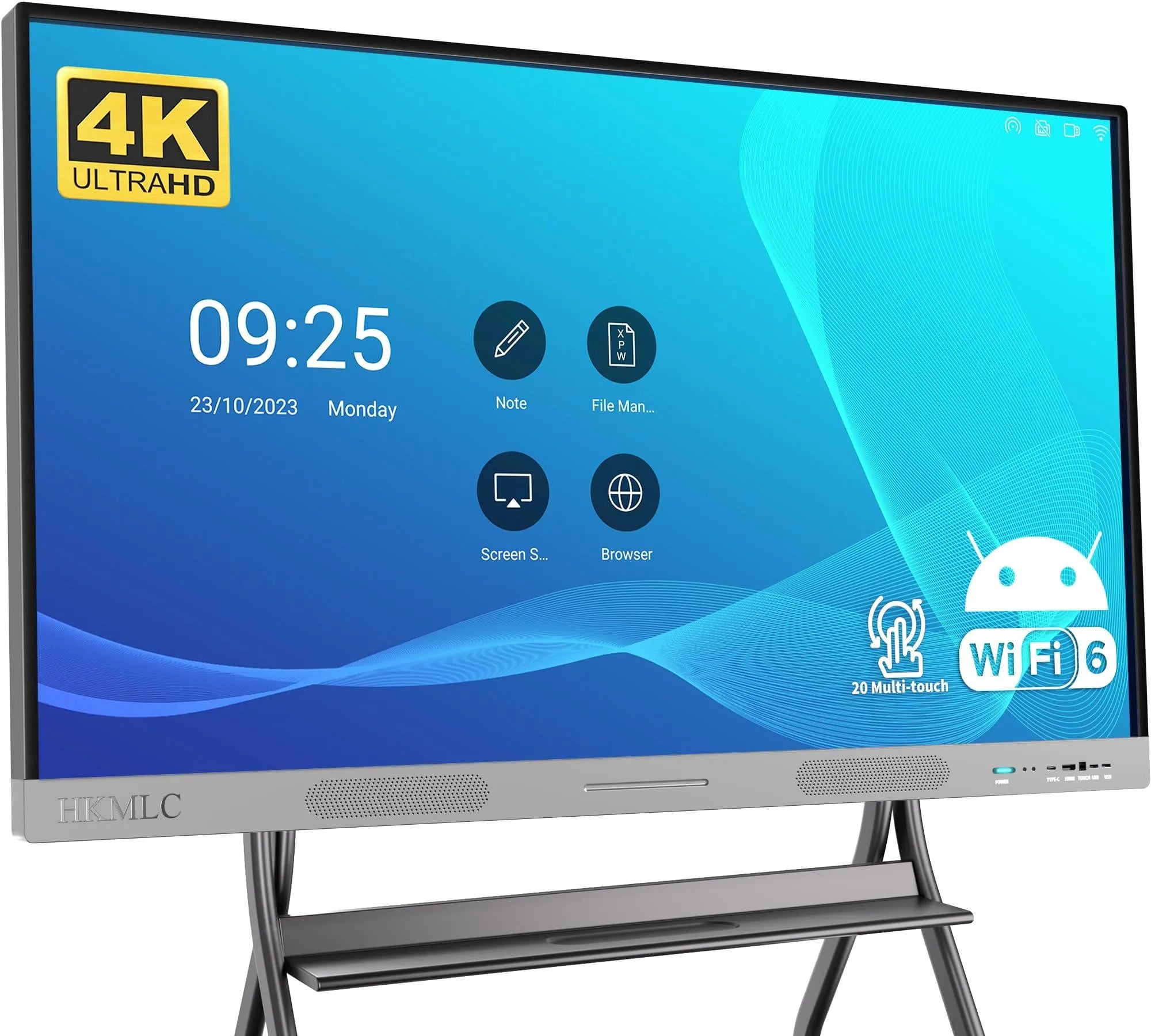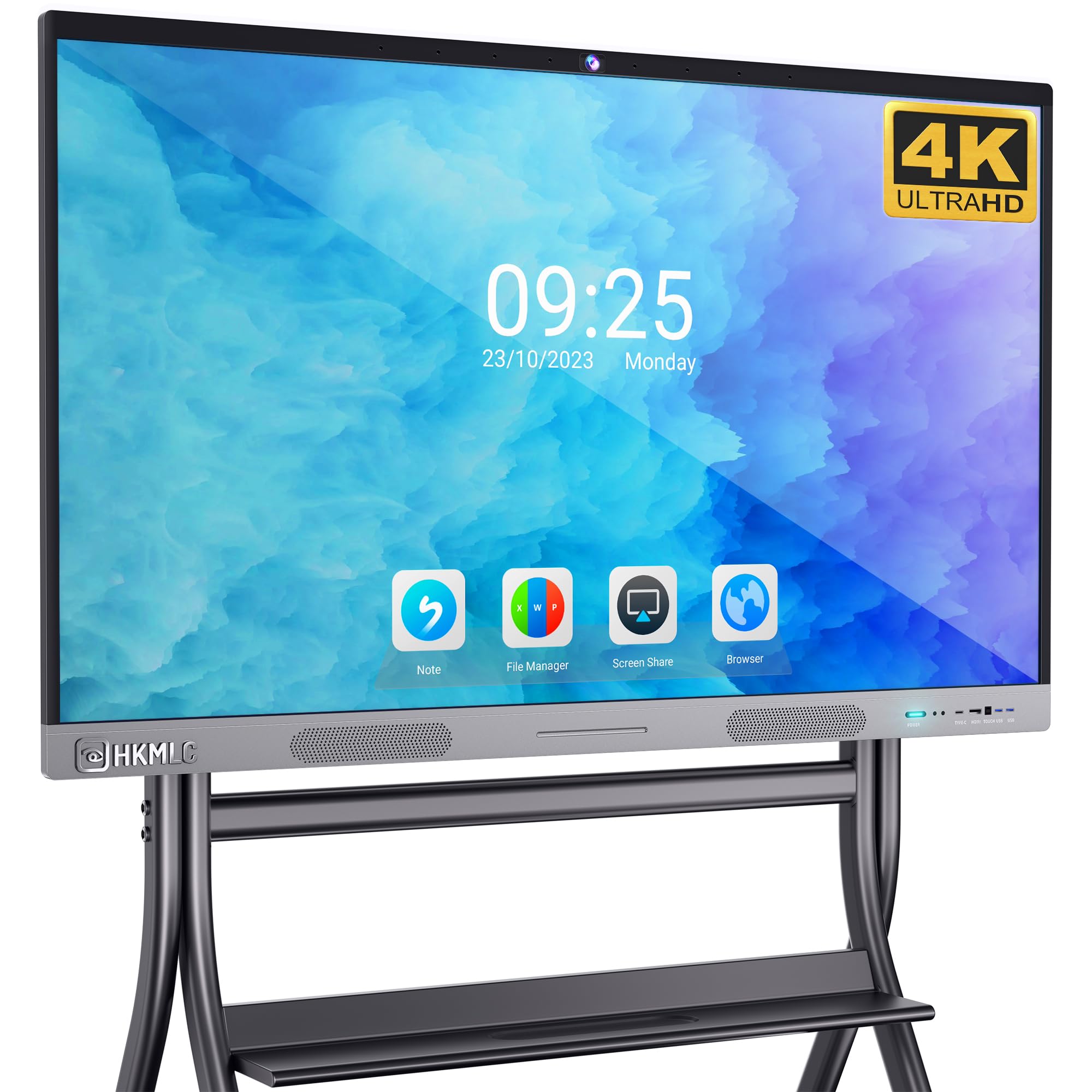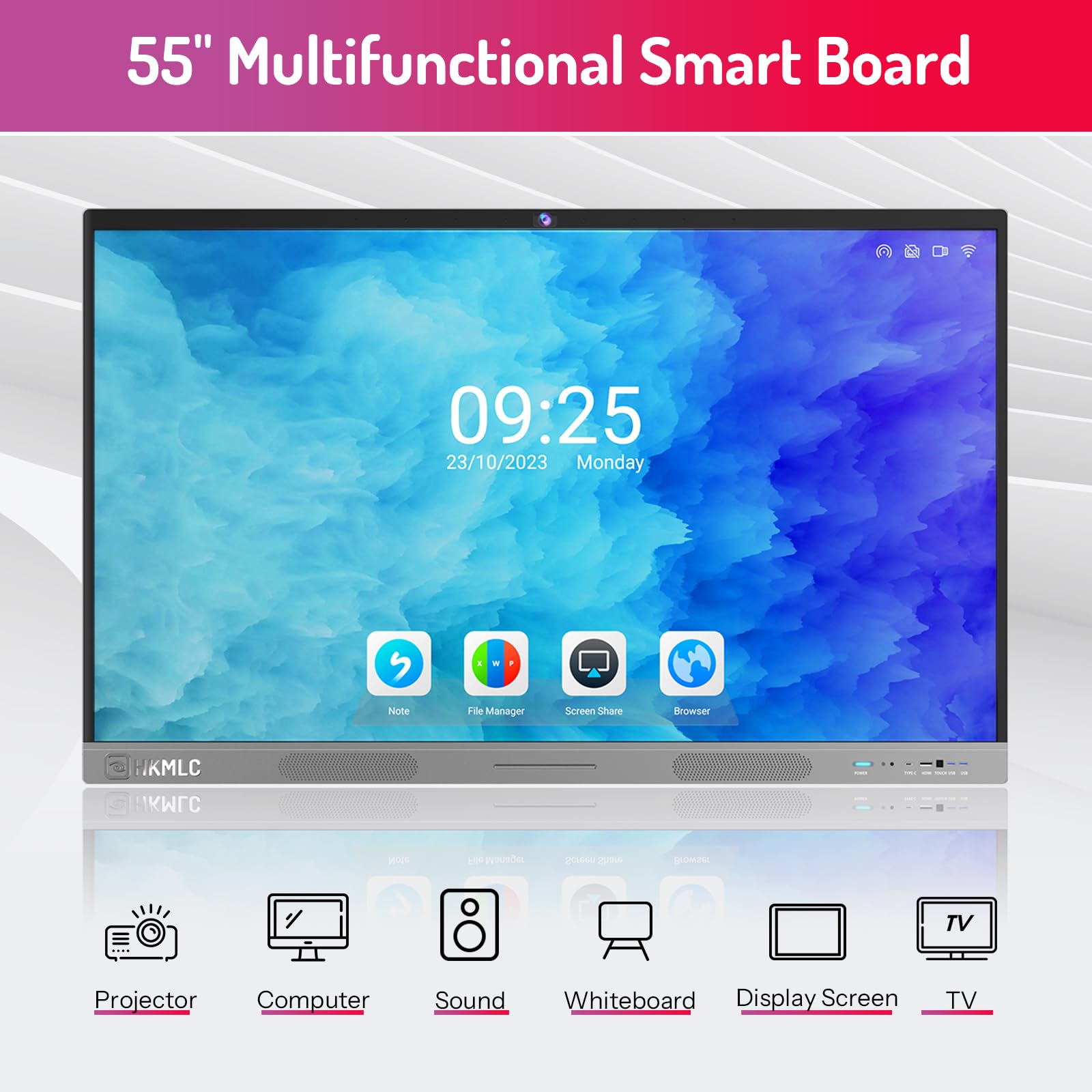The incorporation of a smartboard into your classroom or office can achieve the integration of technology. Interactive displays are more than just presentation-enhancing tools, making collaborations even more interactive and productive. From the myriads of choices in the market today, HKMLC Smartboards have recently gained high regard. But how does it fare compared with other smartboards?
- SMART Technologies Smartboards
- Strengths:The ecosystem of SMART Technologies Boards is great, such as their SMART Notebook, which can be very powerful for interactive lessons. Their accuracy of touch is just great, along with connectivity options available.
- Weaknesses:One of the clear downsides is the price, where the SMART Boards are a bit more on the high side. Often, the associated suite of software requires an additional subscription, which further adds to the overall cost.
- Comparison with HKMLC:While SMART Boards offer almost a full suite of features, the HKMLC Smartboard offers most functionalities at lower prices. HKMLC also streamlines the user experience, making the technology much easier for non-technocratic heads to work with. What is more, HKMLC's pre-installed Eshare Pro software already places it ahead with regard to ease of use in screen sharing, a feature which SMART Boards do not offer native functionality for.
- ViewSonic
- Strengths:ViewSonic smartboards are relatively easy to set up and use; thus, they are very popular with schools and smaller businesses. They also strike a good balance between performance and price.
- Weaknesses:While inexpensive, ViewSonic boards may lack some advanced features and higher build quality found in more expensive models. Touch technology, while decent, does not always match the responsiveness of higher-end competitors.
- Comparison with HKMLC:HKMLC Smartboards boast of much higher display quality, advanced touch technologies, and far better brightness-their own 500 nits against the common 300 nits from ViewSonic. Moreover, the presence of Eshare Pro makes HKMLC second to none in terms of screen sharing and thus more fitted to circumstances where perfect device interconnectivity cannot be compromised.
HKMLC Smartboard: What sets it apart? Some salient features include:
- High-Quality Display
The HKMLC Smartboard comes equipped with an extremely high 500 nits brightness. At this level of brightness, the display will clearly be clear and vivid even in bright ambient conditions-like a room with open windows and the sun's rays coming in forcefully. In comparison, most other smartboards have a maximum brightness that peaks at 300 nits, which can easily struggle to display well under well-lit conditions. It also makes HKMLC suitable for those environments where maximum visibility is required, and thus one would not have to switch off the lights or pull down the blinds during presentations or lessons.
- Pre-installed Eshare Pro
HKMLC Smartboards come pre-installed with Eshare Pro-one of the best screen-sharing software in the world. Through Eshare Pro, users will be able to share screens from different devices easily on the big screen for presentations and collaborations effectively and interactively.
- Superior Touch
HKMLC Smartboards employ the latest touch technology, which allows multi-touch gestures. With this feature, scrolling, zooming, and even operating the board are done in ways that are like interacting with a smartphone or tablet.
Having been exposed to several smartboards in action, I really believe that HKMLC Smartboards has a very compelling proposition for those looking for a solid, easy-to-use, and affordable smartboard. Boasting 500 nits of brightness, unmatched by any of their competitors, especially under natural conditions of good lighting, this smartboard would be second to none for your classrooms or offices with open windows or well-lit meeting rooms. Moreover, embedded Eshare Pro software offers unparalleled screen-sharing capability, taking value from the smartboard to the next level.
Ultimately, you will select a smartboard that is right for you based on your budget, the ease of use of the smartboard itself, the quality and brightness of the smartboard, and the compatibility of the system and software built into it.















